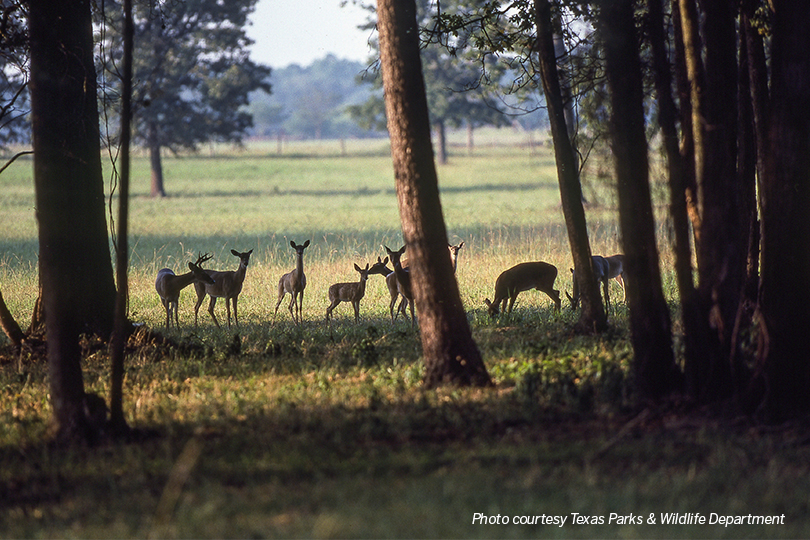By Jessica Domel
Multimedia Reporter
The U.S. Department of Agriculture (USDA) earlier this month confirmed COVID was found in wild, white-tailed deer in Ohio.
It’s the first time deer have tested positive for the disease worldwide.
According to APHIS, samples from the deer were collected between January and March by the Ohio State University College of Veterinary Medicine as part of ongoing deer damage management activities.
The deer showed no clinical signs of infection.
So far, SARS-CoV-2 infections have been reported in a small number of species worldwide—mostly in animals that have had close contact with a human with the virus.
USDA reports they’re still learning more about SARS-CoV-2 in animals, but based on the information available now, the risk of animals spreading the virus to people is considered low.
People with suspected or confirmed cases of COVID-19 are encouraged to avoid contact with pets and other animals to protect them from possible infection.
At this time, the routine testing of animals for the virus that causes COVID-19, SARS-CoV-2, is not recommended.
State, tribal, local and territorial animal health and public health officials will work with USDA and the Centers for Disease Control and Prevention (CDC) to make determinations about whether animals should be tested.
CDC recommends hunters take the following precautions to protect themselves in the event a deer is infected with SARS-CoV-2:
- Do not allow contact between wildlife and domestic animals, including pets and hunting dogs.
- Do not harvest animals that appear sick or are found dead.
- Keep game meat clean and cool the meat down as soon as possible after harvesting the animal.
- Avoid cutting through the backbone and spinal tissues and do not eat the brains of wildlife.
- When handling and cleaning game:
- Wear rubber or disposable gloves.
- Do not eat, drink, or smoke.
- When finished handling and cleaning game:
- Wash your hands thoroughly with soap and water.
- Clean knives, equipment, and surfaces that were in contact with game meat with soap and water and then disinfect them.
- Cook all game meat thoroughly (to an internal temperature of 165°F or higher).
- Check with your state wildlife agency regarding any testing requirements for other diseases and for any specific instructions regarding preparing, transporting, and consuming game meat.
CDC recommended the following action for members of the public to avoid getting sick from wildlife:
- Keep your family, including pets, a safe distance away from wildlife.
- Do not feed wildlife or touch wildlife droppings.
- Always wash your hands and supervise children washing their hands after working or playing outside.
- Leave orphaned animals alone. Often, the parents are close by and will return for their young.
- Consult your state wildlife agency’s guidance if you are preparing or consuming legally harvested game meat.
- Do not approach or touch a sick or dead animal. Contact your state wildlife agency.

